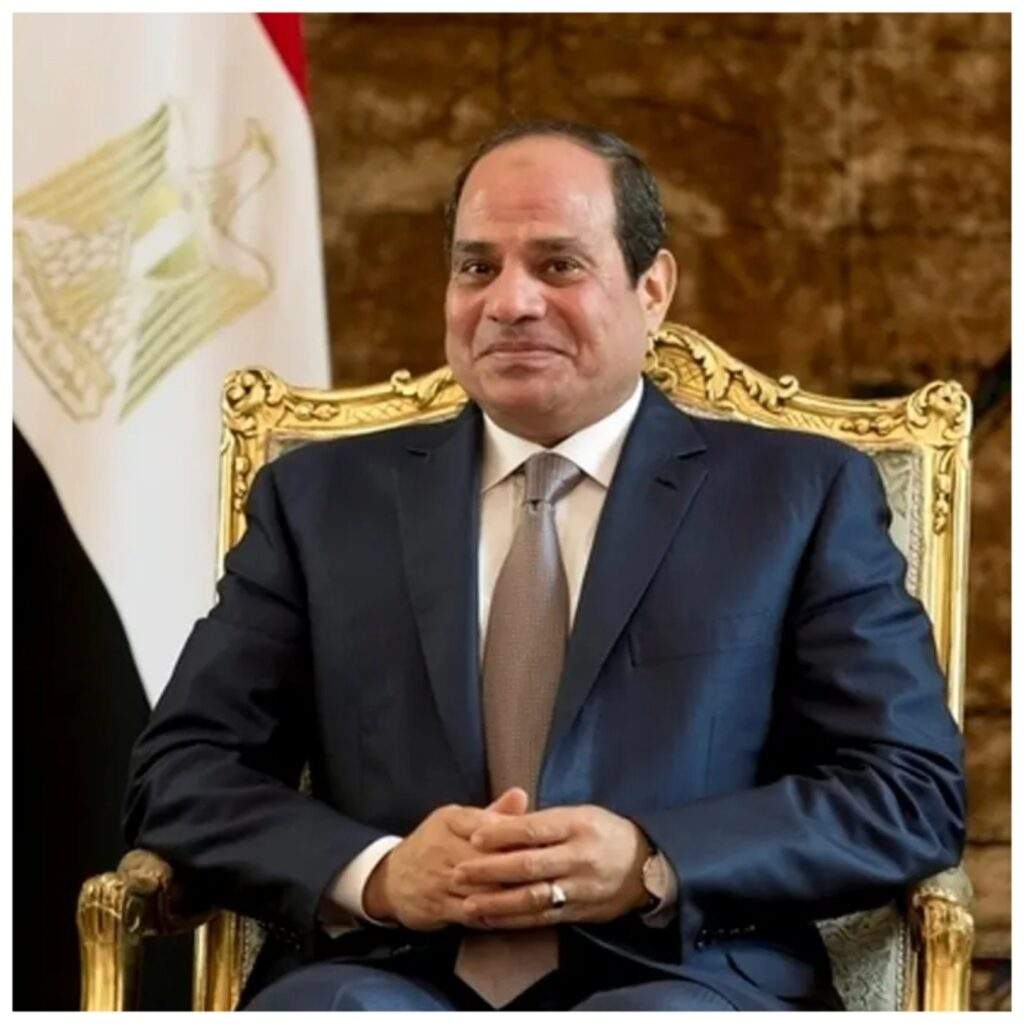Egypt’s President Abdel Fattah al-Sisi was officially sworn in for his third term in office, solidifying his position as the leader of Egypt, the most populous country in the Arab world. With a decade of leadership under his belt, Sisi is now set to govern until 2030, following his landslide victory in the December election where he secured 89.6 percent of the vote against three lesser-known candidates.
The inauguration ceremony also marked the unveiling of Egypt’s New Administrative Capital, situated in the desert east of Cairo, signaling a new chapter in the country’s development.
Sisi’s rise to power stemmed from widespread protests against former Islamist president Mohammed Morsi in 2013, leading to his election as president in the subsequent years with overwhelming support from the Egyptian people.
Despite facing economic challenges in recent years, including a significant devaluation of the currency and soaring inflation rates, Egypt received a much-needed boost in the form of over $50 billion in loans and investments in the first quarter of 2024. This influx of funds is expected to alleviate foreign currency shortages and stimulate economic growth in the country.
As Egypt looks towards the future under Sisi’s leadership, the international community remains attentive to the developments in this key Middle Eastern nation.
